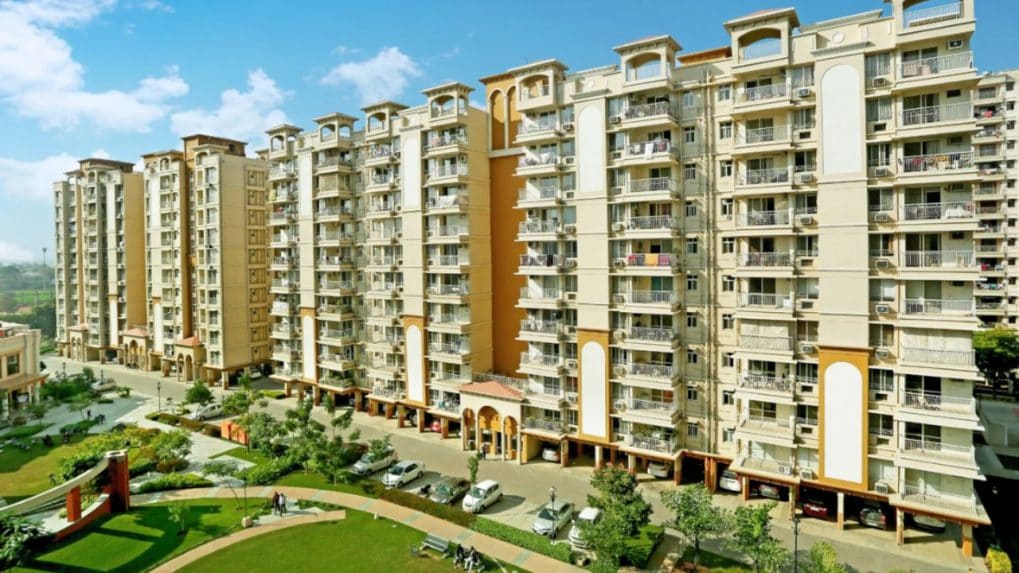A
rtificial intelligence is reshaping consumer‑centric sectors, and India’s real‑estate market is redefining its digital playbook to thrive in AI‑first search ecosystems. Builders now focus on structured, AI‑ready data and sophisticated digital tools to boost visibility and enrich the buyer journey. Market leaders note that AI platforms have altered how people look for homes: users ask detailed questions about price, amenities, neighbourhood connectivity, and availability, and receive precise answers. The demand for high‑quality, verified information has risen, because without it, listings lose prominence, Sarthak Seth, Senior VP & CSMO at Tata Realty & Infrastructure Ltd., warned. “We are producing AI‑ready, structured, verifiable content so that every project’s pricing, amenities, and location details are instantly discoverable on Google’s AI Overview and emerging generative search surfaces,” he said.
TRIL allocates roughly 1.5‑2 % of its annual revenue to marketing and is weaving AI into social listening and campaign workflows to sharpen sentiment analysis, enabling quicker responses and a smoother experience. For Mahindra Lifespaces, Google’s AI Overview has disrupted traditional digital marketing. Chief Marketing Officer Ankur Parmar observed, “Customers are conversing with AI to gather information—this is a behavioural shift.” The firm has amplified its SEO, AEO (AI Engine Optimization), and GEO (Generative Engine Optimization) tactics, preparing assets that speak directly to search and AI models. Yet, the impact remains nascent.
Sunil Mishra, Chief AI & Strategy Officer at Anarock Group, pointed out that AI Overviews account for only 0.14 % of real‑estate queries, the lowest among sectors. “Property search demands transaction‑level depth; summaries don’t seal deals,” he said. He stressed that structured data, local SEO, neighbourhood insights, and queries like “real estate agent near me” still generate the bulk of leads—over 80 % from Google alone.
Many agents are adopting AI and AR to showcase immersive previews. Muskan Sarin, CBO at TARC Ltd., explained that AR experiences let buyers evaluate projects remotely, “reducing the need for physical visits while strengthening the sales journey.” TRIL recently employed AR for its Varnam project, letting customers virtually explore amenities, unit layouts, and common areas.
House of Hiranandani, based in Bengaluru, has taken it further by producing AI‑driven videos that highlight upcoming infrastructure and connectivity around its developments. “Using AI‑led GEO targeting, we’ve created dynamic content that showcases connectivity from our projects, helping customers visualize accessibility, convenience, and lifestyle benefits. Virtual experiences let buyers preview their future home and surroundings, giving them a tangible sense of space and environment,” said Prashin Jhobalia, CMO.
With Millennials and Gen Z projected to make up 60 % of future homebuyers, ANAROCK notes that digital‑first interactions are becoming standard. Mishra described their AI stack—chatbots (Walk‑in Genie, Referral Genie), predictive lead models (Astra Platinum), and 24/7 engagement tools—which drive 40‑60 % of bookings for flagship projects. “Marketing now prioritises instant personalization, virtual engagement, and AI‑powered recommendations over traditional advertising,” he added.
Executives believe AI will influence every stage of the real‑estate value chain—from presales and marketing to sales experience, customer engagement, and final delivery. “Emerging technologies enable us to connect with buyers globally and locally, deliver richer experiences, and enhance strategies with measurable, future‑ready impact,” concluded Jhobalia.













